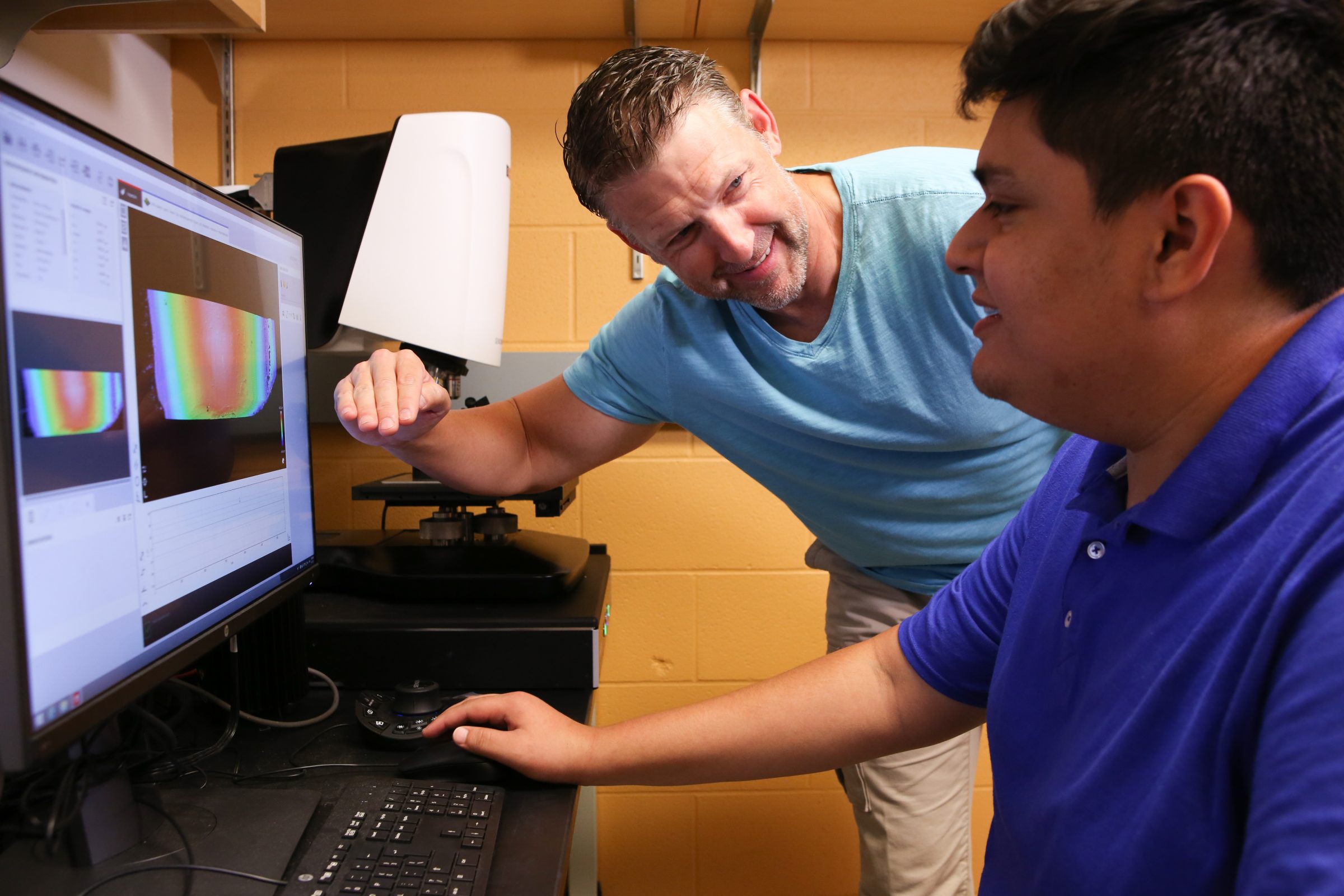The exciting role of forensic scientist combines the power of observation, inference and research-based analysis to fight crime. From identifying the time of death to taking a closer look at fingerprints found at the scene, these scientists play an essential role in forensic examinations and linking suspects to specific evidence.
The expert training and education of different types of forensic scientists is key to the investigation process and trial proceedings. Are you interested in joining the field? The U.S. Bureau of Labor Statistics anticipates jobs for forensic scientists will grow at twice the anticipated rate for other occupations, with a 17 percent increase between 2016 and 2026.
Tips on Preparing to Become a Forensic Scientist
A forensic science job requires a minimum of a four-year bachelor’s degree in a field such as biology, chemistry or forensic science. Professionals recommend students seek out the following educational experiences to prepare for futures as a forensic investigator.
- Search for a program with a strong academic core in natural sciences and math like biochemistry, toxicology, analytical chemistry and instrumental analysis.
- Obtain a thorough grounding in laboratory procedures and the use of scientific instruments.
- Build technical skills by taking courses in criminal justice, evidence handling and ethics.
- Get acquainted with the criminal justice system and its processes through courses in criminology.
- Develop strong written and oral communication skills to improve dialogue with law enforcement or explain findings to a judge and jury.
- Seek out opportunities to gain additional hands-on experience through forensic science-related internships.
A Sneak Peek at an Advanced Degree
Students interested in jobs such as laboratory directors, professors or a specialist role can pursue advanced degrees. During a graduate program, you can choose a specialty such as ballistics, digital evidence or toxicology. In addition to classwork, master’s and Ph.D. students develop advanced skills in the laboratory.
A Look at Continuing Education and Certifications
Education for the forensic scientist continues after the job begins with additional employer training. Certifications in various specialties such as blood pattern analysis, forensic photography and latent print analysis are available from organizations such as the International Association for Identification.
Impacting Society With A Career In Forensics
CSAFE offers students interested in pursuing forensic science careers the opportunity to discover how statistics apply to forensic evidence analysis. Learn more about our hands-on experiences for graduate and undergraduate students on our Forensic Education page and see how one student’s CSAFE research is preparing him for his dream job of DNA analyst.
Forensic science is a rigorous and demanding subject, but students committed to academic work and practical experience can stand out amongst other job applicants. Students can look forward to a gratifying career that contributes to the fair administration of justice.

